Acuclav IV 1.2gm Injection
Acuclav IV 1.2gm Injection is a prescription antibiotic medicine used in the management of moderate to severe bacterial infections. It contains a combination of amoxicillin, a broad-spectrum penicillin antibiotic, and clavulanic acid, a beta-lactamase inhibitor that enhances the effect of amoxicillin against resistant bacteria. This dual action helps in effectively treating infections of the respiratory tract, urinary tract, skin, bones, joints, and abdominal cavity. It is also commonly used to prevent and manage infections after surgical procedures. The injection is given intravenously by trained healthcare professionals under strict medical supervision. By directly reaching the bloodstream, it provides faster relief from symptoms, helps control bacterial growth, and prevents complications caused by resistant bacterial strains. With its reliable antibacterial activity, Acuclav IV Injection supports quicker recovery, reduces infection-related discomfort, and improves overall patient outcomes.
Benefits
-
Provides strong antibacterial effect against a wide range of infections
-
Combination of amoxicillin and clavulanic acid enhances effectiveness
-
Treats respiratory infections like pneumonia and bronchitis
-
Helps in urinary tract infection management
-
Effective in abdominal and intra-abdominal infections
-
Provides relief in skin and soft tissue infections
-
Useful in bone and joint infections
-
Treats infections of the reproductive tract
-
Prevents post-surgical infections
-
Effective against resistant bacterial strains
-
Reduces fever and infection-related discomfort
-
Promotes faster healing and recovery
-
Provides hospital-grade reliable treatment
-
Improves quality of life in patients with severe infections
-
Supports quicker control of bacterial spread
Possible Side Effects
-
Pain or swelling at injection site
-
Nausea or vomiting
-
Loose stools or diarrhea
-
Stomach discomfort or cramps
-
Dizziness or mild headache
-
Rash or itching in some patients
-
Rare allergic reaction with swelling or breathing difficulty
-
Fever or chills in uncommon cases
-
Altered liver enzyme levels occasionally
-
Rare changes in blood counts
How to Use
-
Administered only by trained medical professionals
-
Given through intravenous route under sterile conditions
-
Dosage depends on type and severity of infection
-
Not suitable for self-administration at home
-
Treatment duration decided by doctor
-
Complete the prescribed course without skipping doses
-
Inform medical team immediately in case of discomfort
How it Works
-
Amoxicillin kills bacteria by damaging their protective cell wall
-
Clavulanic acid prevents bacterial resistance by blocking beta-lactamase enzyme
-
Dual combination ensures broader and stronger antibacterial coverage
-
Helps in faster elimination of infection
-
Prevents recurrence of resistant bacterial strains
What to Avoid
-
Avoid discontinuing treatment midway
-
Avoid self-injecting or using outside hospital settings
-
Avoid alcohol consumption during therapy
-
Avoid mixing injection with incompatible solutions
-
Avoid using expired vials
-
Avoid missing scheduled hospital doses
-
Avoid using for viral or fungal infections
-
Avoid taking other antibiotics without prescription
-
Avoid storing outside recommended conditions
-
Avoid reusing partially used vials
Safety Advice
-
Take only under strict hospital or clinical supervision
-
Inform doctor about any allergy to penicillin or cephalosporins
-
Pregnant women should use only if prescribed by doctor
-
Breastfeeding mothers should consult doctor before use
-
Elderly patients may require careful monitoring
-
Children should receive only pediatric dose under medical guidance
-
Kidney and liver function should be monitored in prolonged use
-
Maintain hydration during therapy unless restricted
-
Inform doctor about ongoing medications
-
Report unusual symptoms such as persistent diarrhea or rash
Precautions
-
Do not use if allergic to amoxicillin or clavulanic acid
-
Use cautiously in patients with kidney or liver disorders
-
Monitor for secondary infections during long-term use
-
Report persistent diarrhea as it may suggest colitis
-
Inform doctor before surgery or dental procedures
-
Do not stop treatment even if symptoms improve early
-
Injection should always be freshly prepared before use
-
Blood counts may need to be monitored in prolonged therapy
-
Keep medical history updated for correct dose adjustments
-
Seek immediate medical attention in case of severe allergic reaction
Vendor Information
- Address:
- No ratings found yet!






































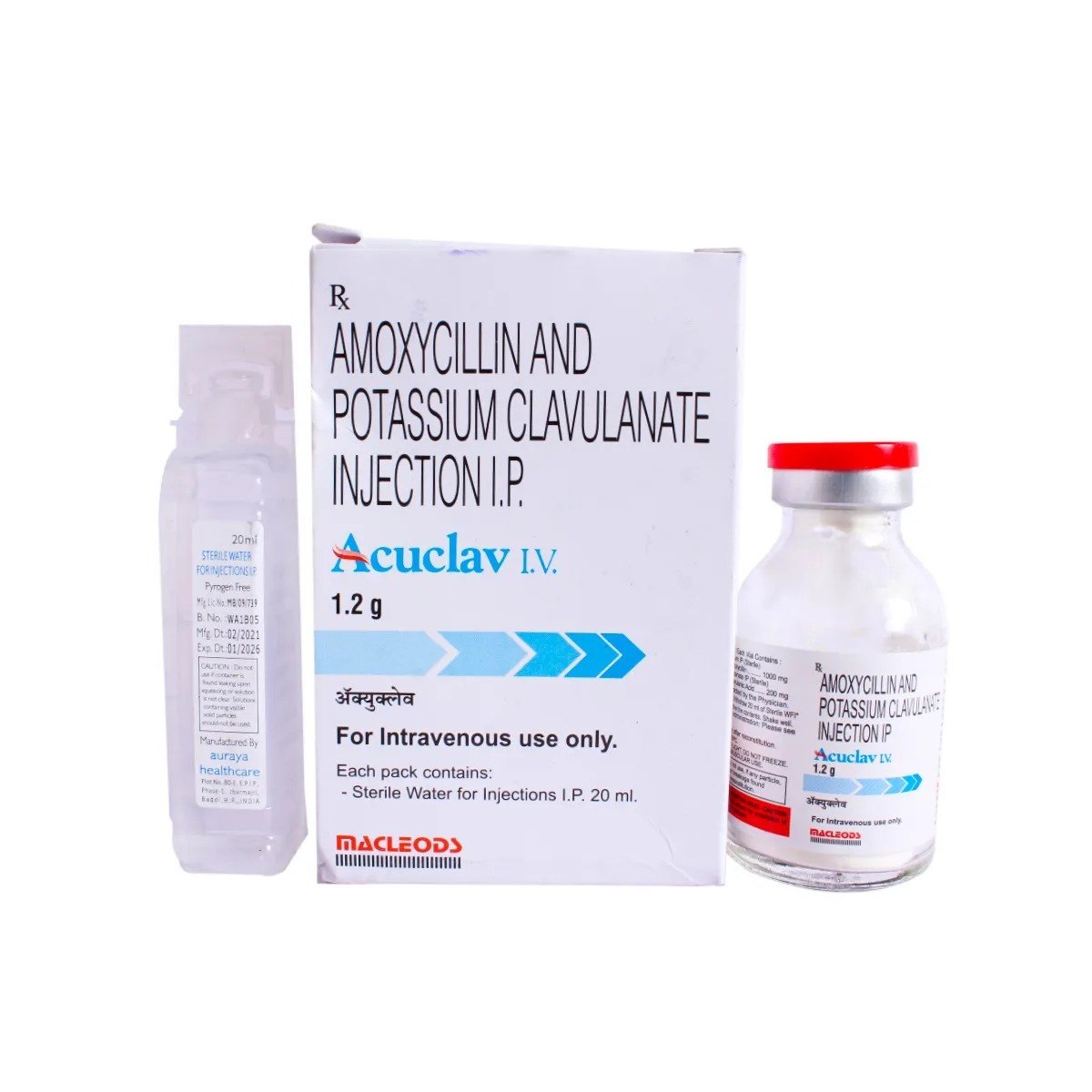
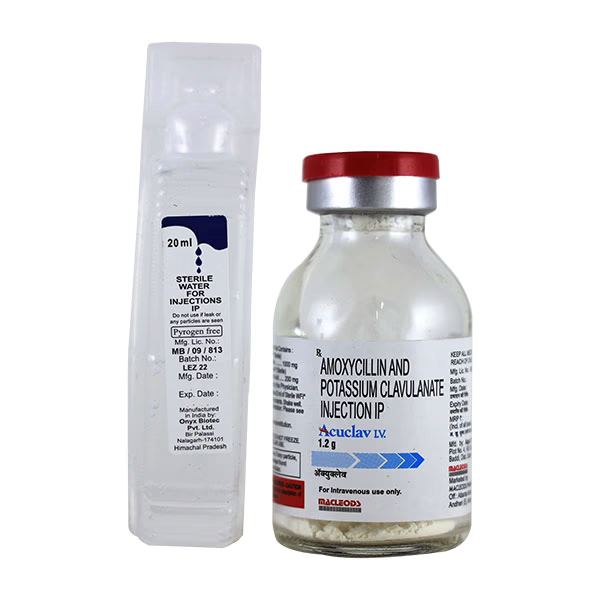
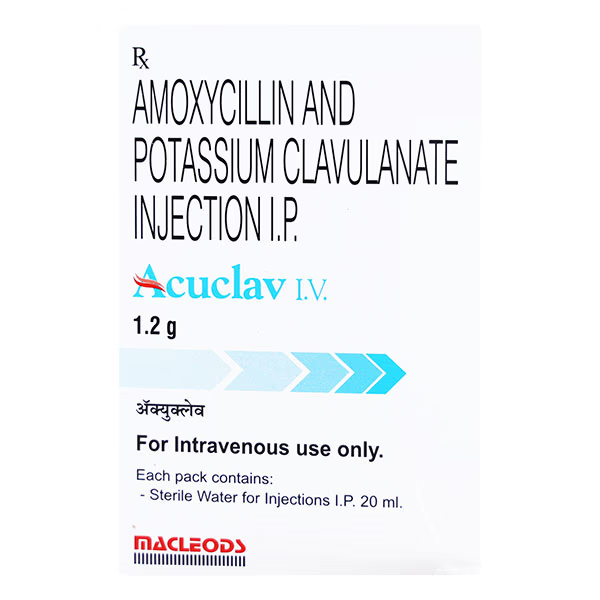


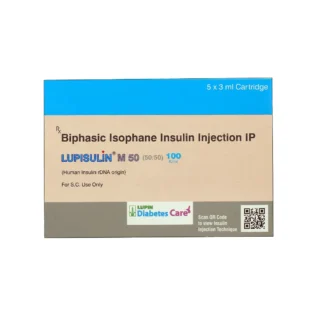
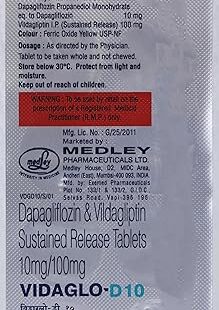
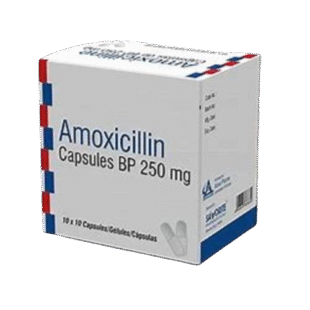



Reviews
There are no reviews yet.